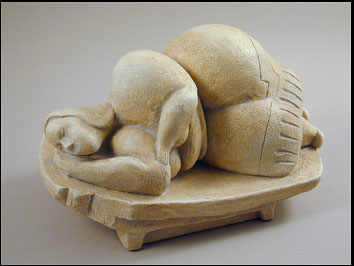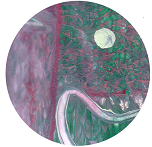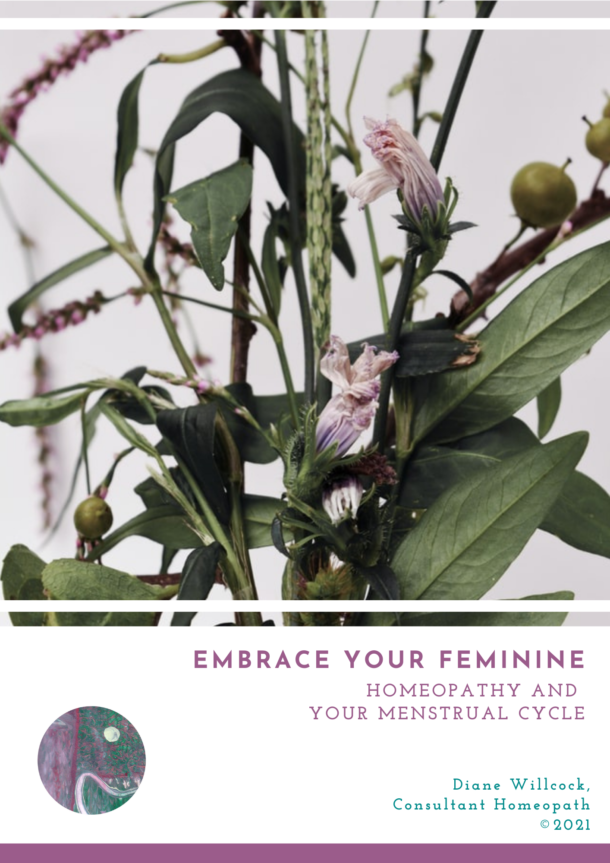Magic pill?
Menopause is unavoidable. Every woman must cross this bridge at some stage. For some it is a non-issue, for others it is a major issue replete with symptoms that range from inconvenient to debilitating.
One common complaint of women at this time is weight gain. As I explained in a previous post Homeopathy is more about addressing underlying causes (physiological, hormonal, metabolic, emotional etc) of excess weight than about supplying a magic weight-loss pill. That would be great though, wouldn’t it!
As an article in a 1932 issue of the Homeopathic Recorder put it:
The indicated remedy would stimulate the patient’s own glands
to work and furnish her own individual extracts
needed to bring the fat to normal.
Some Remedies
Here are some remedies that come up often for women who gain weight in their perimenopausal years.
These are very brief descriptions of the remedies. If you have some knowledge of home-prescribing you may be able to help yourself (see my blog on potencies and frequency of dose). Otherwise for best results, consult a professional homeopath.
Calcarea Carbonicum
The woman needing Calc carb may be mild mannered yet particular about her housekeeping. She is sensitive to cold temperatures.
She will be subject to profuse sweat especially about the scalp – these sweats accompany her hot flashes which consist of a rush of blood to the face giving her a red nose.
She may be constipated but feel better for it. She may have a history of profuse menses.
Weight gain tends to be about the entire trunk (above and below the navel) including breasts.
Graphites
The Graphites woman is obese, chilly and constipated. She may have dry, rough skin that cracks and exudes a honey-like discharge.
These women tend to be sad and irresolute and may have memory problems.
She may look pale. Ovaries and breasts may be hard.
Natrum Sulphuricum
Nat sulph is about fluid retention – heaviness and puffiness. There will be cellulite of the abdomen, pelvis, legs with a tendency to oedema especially in hands and feet.
There may be joint and muscle pain.
Women needing this remedy will be susceptible to damp conditions – cold damp or warm humidity. They will feel much better in warm dry weather.
Sepia
Sepia is one of the main remedies for women at times of hormonal change such as peri-menopause. The picture of indifference and apathy towards her family is well known. She may be temporarily improved for intense physical activity such as dancing or running.
Weight gain will give a general sense of bulkiness and heaviness.
A woman needing Sepia may experience hot flashes with perspiration; hair loss; diminished libido; uterine prolapse with a bearing down sensation as if she must cross her legs or hold the parts to prevent protrusion.
Thuja
Women needing Thuja tend to gain weight on hips, buttocks and abdomen. There may be pituitary and thyroid problems.
These women tend to have oily skin, warts, polyps, fibromas or cysts.
They may have brown spots over face and body; dry hair which splits and falls; soft nails which break easily; offensive perspiration on hand and genitals. They may have low self-esteem and fixed ideas about health.
Natrum muriaticum
Women needing Nat mur usually have a history of long suppressed grief. Stress may cause them to over-eat which leads to weight gain in thighs and buttocks. There is often a desire for salty foods and general dryness of skin, mucous membranes (including vaginal).
For Best Results
When a woman enters perimenopause the fluctuations in oestrogen and progesterone may unmask problems that have been developing over the years. For best results an individualised treatment program is recommended.
Homeopathy offers thousands of remedies including those made from the various hormones and endocrine organs at play during change of life. These latter are often used to support the organs while a constitutional remedy is acting on a deeper level.
The professional homeopath has many other tools in the toolbox. Perimenopause does not have to be a drawn out trial and life after periods, although changed, can be lived to the full.





